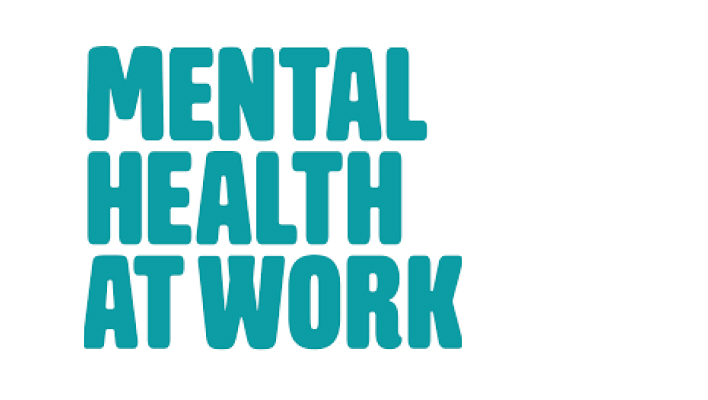For most of us, this is not the case.
Why not?
For starters the stigma around mental health means we are afraid of how having a mental illness will be perceived. We hesitate in telling our loved ones, our trusted friends, let alone our colleagues at work. Our desire to be seen as perfectly able all the time means we end up swallowing down sharing anything that may make us seen as less than. Less than healthy. Less than capable. Less than.
We often talk about a fitness and food regime to support our physical body but we don’t always think about the regime we need to stay mentally fit. In fact, our mental health drops from a top priority, to a last priority. That is, until a trigger – a round of depression, an anxiety attack, an extensive period of stress, or some other issue results in our mental health needing to be our number 1 priority. Mental health often only becomes a priority when there is no other option but to make it so.



